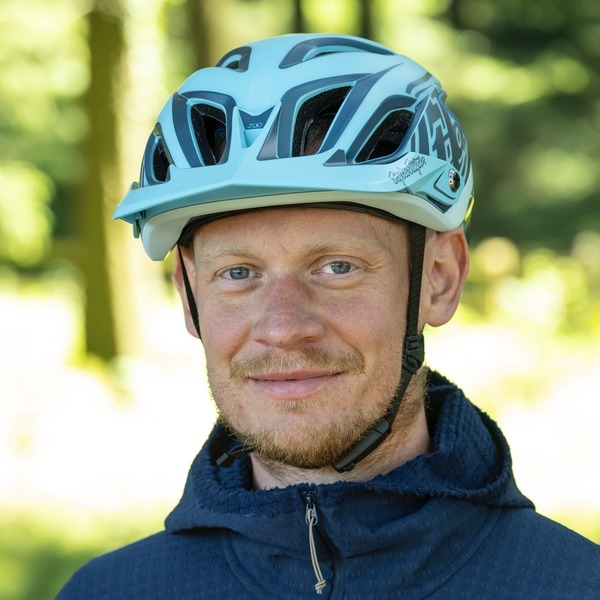A Swedish lab has tested 27 cycling helmets, including 23 available in the UK, and concluded that those that offer protection from rotational injuries are the safest on the market. Such technology includes MIPS as well as Bontrager's WaveCel.
Eight of the 27 helmets received the highest 4* rating in the test, conducted by the Research Institutes of Sweden, of which four are readily available in the UK.

- Bell Super Air R MIPS
- Bontrager Specter WaveCel
- Scott Vivo Plus MIPS
- Specialized S-Works Prevail II with ANGi MIPS
This research, while not as wide-ranging as that done by Virgina Tech in 2019, backs up that study's findings.
Systems designed to better dissipate rotational forces on a helmet, during a crash, transmit less force to the rider's head and thus perform better in tests.
The overall winner of this test was the Hövding 3 helmet, which has an integrated airbag – something more 'normal' cycle helmets obviously do not benefit from. BikeRadar had an in-depth look at the previous version of this helmet, the Hövding 2, back in 2015.

The Swedish test was arranged by insurance company Folksam and was funded by the UK-based Road Safety Trust.
Helmets were subjected to five tests, including a shock absorption test (dropped from a height of 1.5m, with two different impact points tested) and three oblique angle tests, where the helmets were dropped against an angled anvil with sandpaper attached to simulate friction from tarmac (x, y and z axis rotations).
Computer simulations then calculated translational and rotational accelerations.
Each helmet was given a score relative to the average (median) test results across all the helmets. Results from the oblique tests were given a higher weighting because it is these impacts that tend to lead to more brain injuries.
The Hövding 3 scored highest and performed 76 per cent better than the average. Of those available in the UK, the Scott Vivo Plus MIPS came out on top, scoring 22 per cent above average.
It is worth noting that the 27 helmet models represent a small proportion of those on sale at the moment in the UK, and that there seems to be little cross-over with the Virginia Tech tests – they both have a fairly distinct list of helmets that were tested.
